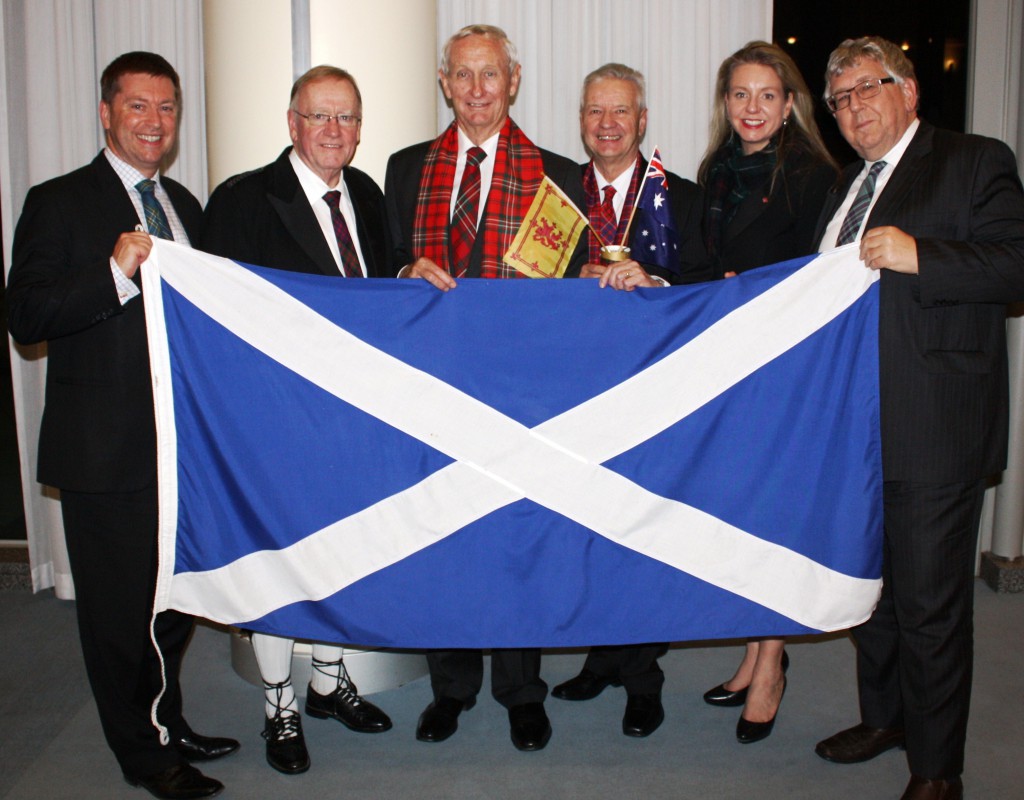With names like Scott, Cameron, Macdonald, Ferguson and McKenzie, the MPs and Senators who organised last night’s Scottish Dinner in Australia’s Parliament House had a gleam in their eyes at the swirl of the bagpipes and the clink of the whisky glass.
Some of them have more distant ancestral links to Scotland, like my own. But Labor Senator Doug Cameron who worked in the Clydeside shipyards before emigrating to Australia in the ‘70s, retains a distinctive Glaswegian accent. He is famous for describing his parliamentary foes as “Rrrrrrable”, though this dinner was an exceedingly friendly bi-partisan evening.
Scots have made a remarkable contribution to Australia, as in so many other far-flung corners of the world. They include governor Lachlan Macquarrie, several Prime Ministers and Australia’s first saint, Mary MacKillop. And many of the hard-working traders and industrialists who built Australia’s economy during the 19th and 20th centuries. In the last census, some 1.8m people (9% of Australia’s population) reported Scottish ancestry, and 130,000 had been born in Scotland.
We toasted the haggis under a large saltire, loaned from my High Commission where it usually hangs proudly alongside other national flags of the UK. Scotland’s flag is an integral part of the Union Jack, which in turn forms part of Australia’s flag. It is a neat metaphor for the way the threads of history have linked us.
A dinner speaker, describing himself as one of a handful of local members of the Scottish Nationalist Party, set out the background to the crucial referendum on 18 September, when Scots will decide whether they want to stay part of the United Kingdom. Few of the Australian Scots I spoke to at the dinner supported him though, even if Scottish-born, they won’t have a chance to vote. Australian Scots understand the economic reasons why Scotland is better off within one of the world’s largest economies, and want it to continue to play a strong role in the world as part of a leading nation like Britain. But they are less personally affected by these issues. For them it’s more an emotional attachment. They wouldn’t want to see the family of nations that constitutes the United Kingdom broken up – it’s part of their history too. Living in a federal country themselves, they well understand that you can be proud to be Scottish and proud to be British at the same time.

